The same year Academy Award winner Clint Eastwood starred as a no-nonsense San Francisco cop in the 1971 movie Dirty Harry, Oregon passed the nation’s first beverage container deposit-refund law. Forty-two years later, Minnesota is looking at a similar approach to boost recycling rates, despite the success of innovations like curbside, single sort, and voluntary retail recycling programs.
Following direction from the 2013 Legislature, the Minnesota Pollution Control Agency (MPCA) is tasked with submitting (by January 14) a plan to increase Minnesota’s beverage container recycling rate to 80 percent. In preparation for that submission, on September 16 MPCA released a draft program design for a 10 cent deposit-refund program on beverage containers, up to one gallon.
The plan calls for the creation of massive infrastructure through non-profit administration of the program. This infrastructure may include as many as 1,100 container redemption sites across the state.
Retailers would be on the front line of the system, responsible for collecting, administering, and remitting the 10 cent per beverage container deposit. And just like with sales taxes, this would be done at the expense of the retailer with no reimbursement of training, point of sale, collection, accounting, and remittance costs. Retailers even end up paying the swipe fees on 10 cent deposits when consumers use a debit or credit card.
The proposed system stands to increase consumer prices at a time when our economy needs spending to fuel our recovery. Consider a case of water a customer purchases on a summer day. The price of that water could double with the addition of a $2.40 deposit, even more when a retailer is forced to add administration expenses to the price. Arguably a consumer may skip that purchase, or in the case of a retailer operating in a border-state community, the consumer may elect to take the entire purchase across the border.
MPCA is currently working on an assessment of the financial impact of the proposed deposit-refund beverage container program, with a draft report due December 30. Additionally, MPCA will perform an evaluation of Minnesota’s current recycling infrastructure before May 30. Retailers can follow the program on MPCA’s website.
788,000 jobs across Minnesota depend on the economic viability of job-producing retailers like you. The proposed deposit-refund beverage container recycling program is a decades-old approach threatening these jobs by adding expense to retailers, increasing consumer prices, and dismissing the exploration of modern day alternatives.
MnRA recently submitted comments on the proposed program. Click here to view all the public comments.
![]()
